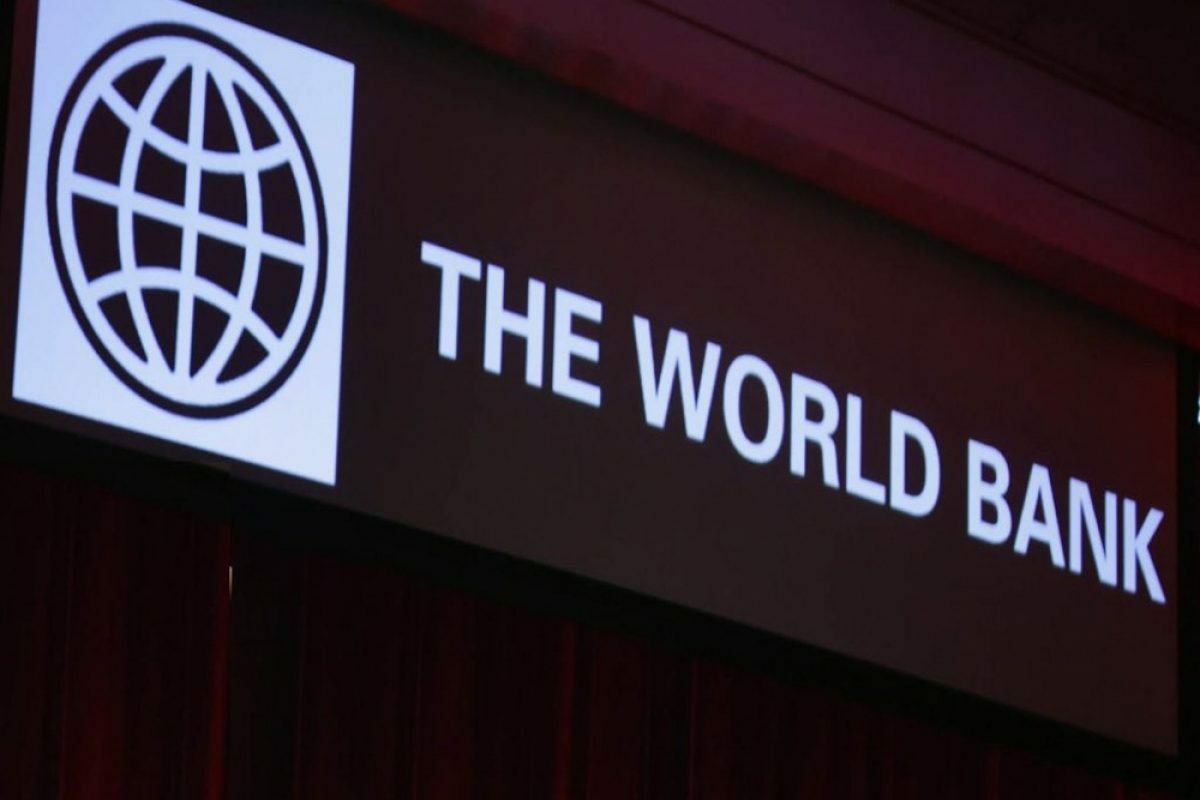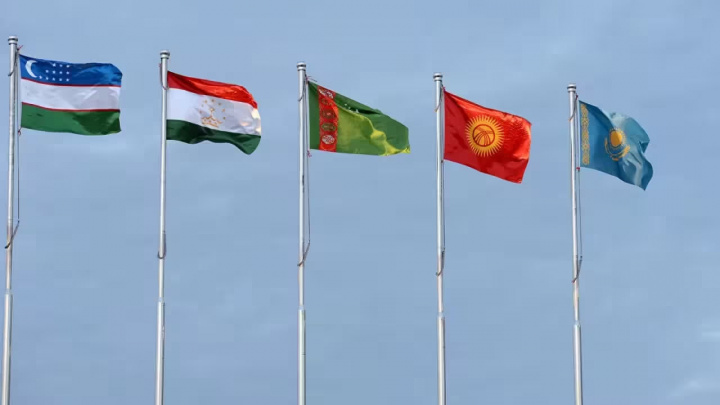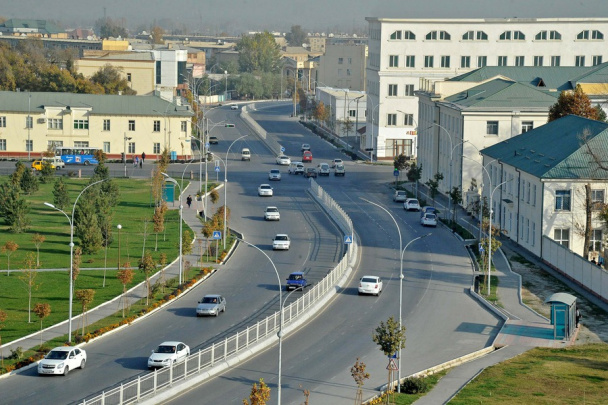World Bank raises Uzbekistan’s 2025 growth outlook amid regional slowdown

Photo: World Bank
Uzbekistan is expected to remain among the fastest-growing economies in Europe and Central Asia despite a broader regional slowdown, according to the World Bank’s latest Global Economic Prospects report.
For 2025 and 2026, the World Bank forecasts steady GDP growth of 5.9% for Uzbekistan, followed by 5.8% in 2027. While the 2026 projection was revised upward by 0.1%, the 2027 estimate remains unchanged.
Regional and global context
The Bank notes that the overall economic growth in Central Asia is expected to decline to 5% in 2025 and further to 4.3% in 2026–2027. Kazakhstan’s 2025 growth forecast was cut by 0.2 percentage points to 4.5%, with further deceleration projected to 3.5–3.6% in the following years.
Russia’s economy is also expected to slow significantly, growing just 1.4% in 2025 and 1.2% in 2026. Factors contributing to the decline include high interest rates, weakening consumer demand, falling energy prices, labor shortages, and the impact of sanctions.
In the face of slowing growth in Russia and China and ongoing global market uncertainty, Central Asia may experience reduced foreign trade activity. The World Bank warns that declining oil and metal prices could particularly affect regional exporters.
Domestic drivers and risks
Persistent inflation could pose long-term risks to economic growth. As of late April, inflation rates in Kazakhstan and Uzbekistan were hovering around 10% year-on-year, with only a slight decline expected in inflation expectations for the coming year.
On a more positive note, tourism is emerging as one of the region’s most dynamic sectors. In Uzbekistan, tourist arrivals in the first quarter of 2025 exceeded pre-pandemic levels by 18%. Additionally, a rise in remittances continues to stimulate domestic economies.
Among the key downside risks identified by the World Bank are the potential continuation or escalation of the war in Ukraine, a deepening global trade crisis, and persistent inflation. However, a swift resolution to the Ukraine conflict, combined with advances in digitalization and artificial intelligence, could accelerate economic growth in the region.
Related News

17:53 / 06.08.2025
Kyrgyzstan sees fastest acceleration in GDP growth across Central Asia

20:03 / 05.08.2025
Fergana records largest budget deficit among Uzbekistan regions in first half of 2025

17:31 / 01.08.2025
Annual inflation slows in Uzbekistan despite utility tariff increases

17:19 / 30.07.2025



